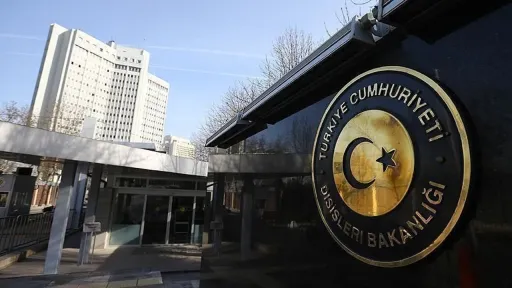The United Nations refugee agency has shed nearly 5,000 jobs this year following cuts in international aid, its chief said on Monday, decrying "political choices" behind the crisis.
The UNHCR is grappling with surging global displacement, while under President Donald Trump the United States – traditionally the world's top donor – has heavily slashed foreign aid, causing havoc across the globe.
The agency's chief Filippo Grandi said the cuts constituted more than a quarter of the agency's workforce, with more to come – and no country or sector left unscathed.
"Critical programmes and lifesaving activities have to be stopped, gender-based violence prevention work, psychosocial support to survivors of torture, stopped," Grandi said.
Budget falls short by half
"Schools were closed, food assistance decreased, cash grants cut, resettlement ground to a halt. This is what happens when you slash funding by over $1 billion in a matter of weeks."
The UN refugee chief said the humanitarian system was facing "political choices with disastrous financial implications."
Washington previously accounted for more than 40% of the UNHCR's budget, and its pull-back, along with belt-tightening by other major donor countries, has left the agency facing "bleak" numbers, Grandi said.
UNHCR had an approved budget for 2025 of $10.6 billion, Grandi said, stressing though that the agency in recent years had only received "approximately half of our budget requirements" – or around $5 billion.
UNHCR projects it will receive $3.9b in 2025
"As things stand, we projected we will end 2025 with $3.9 billion in funds available – a decrease of $1.3 billion compared to 2024," he said.
An agency spokesperson told AFP that both full-time staff and people on temporary or consultancy contracts had lost their jobs.
The United States has been paying a "disproportionate" share of UNHCR's costs, Washington's UN representative told the annual meeting of the agency's executive committee on Monday.
Calling for reform, Tressa Rae Finerty also blamed economic migration for the strain on asylum systems around the world.
























